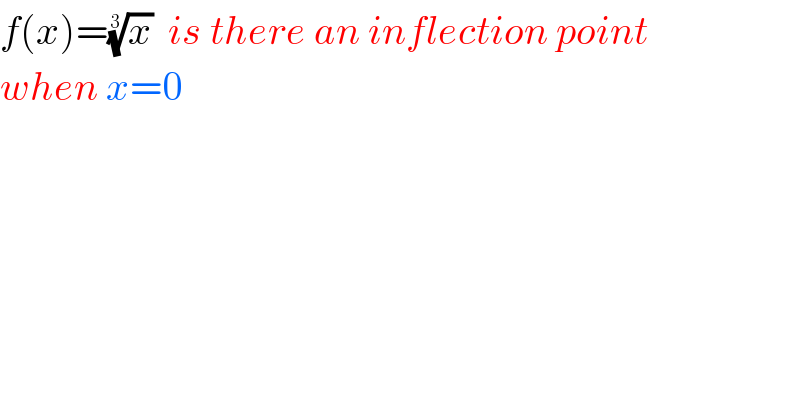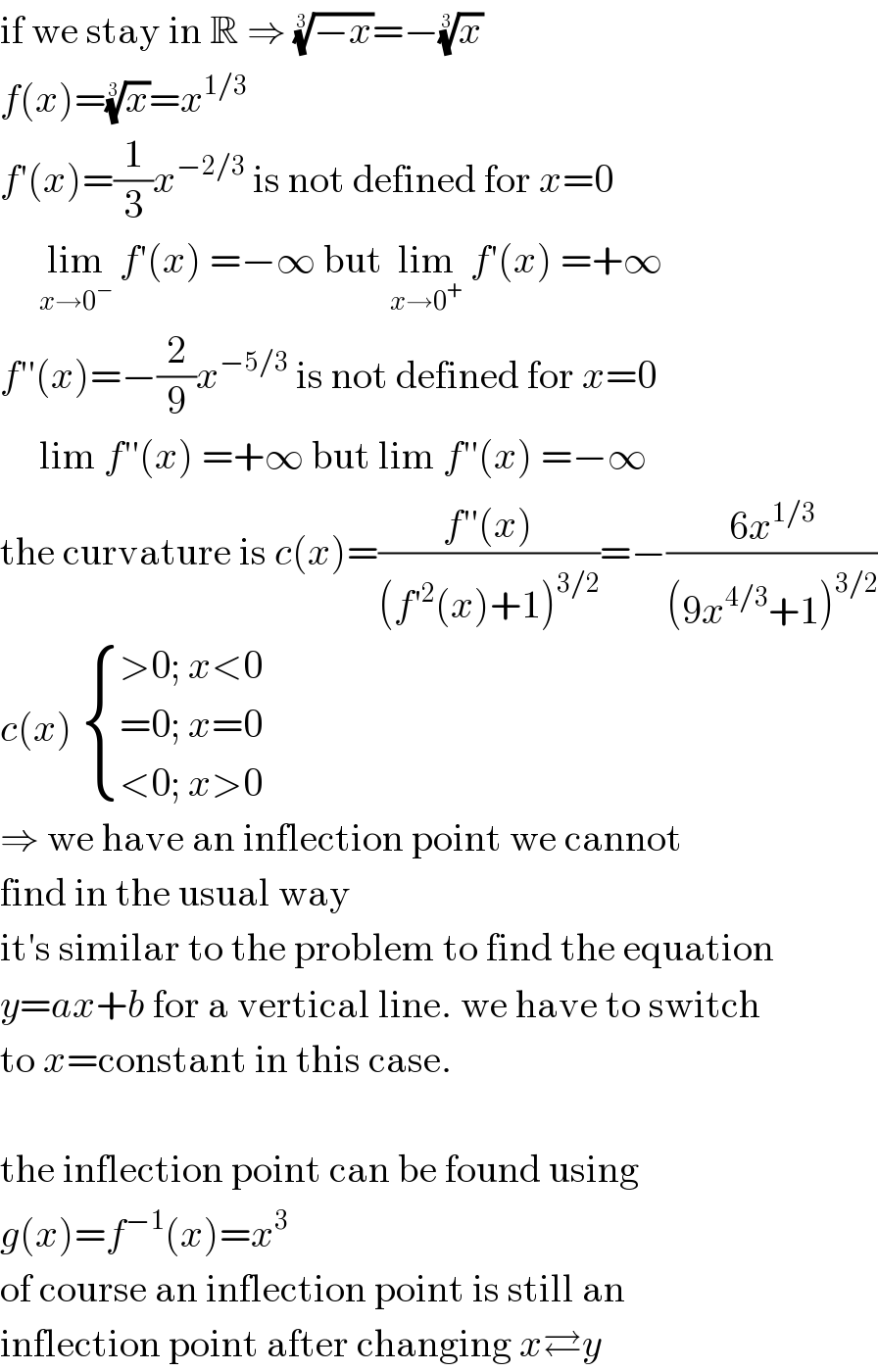
Question and Answers Forum
Question Number 90940 by M±th+et+s last updated on 27/Apr/20

Answered by MJS last updated on 27/Apr/20

Commented by M±th+et+s last updated on 27/Apr/20

| ||
Question and Answers Forum | ||
Question Number 90940 by M±th+et+s last updated on 27/Apr/20 | ||
 | ||
Answered by MJS last updated on 27/Apr/20 | ||
 | ||
| ||
Commented by M±th+et+s last updated on 27/Apr/20 | ||
 | ||